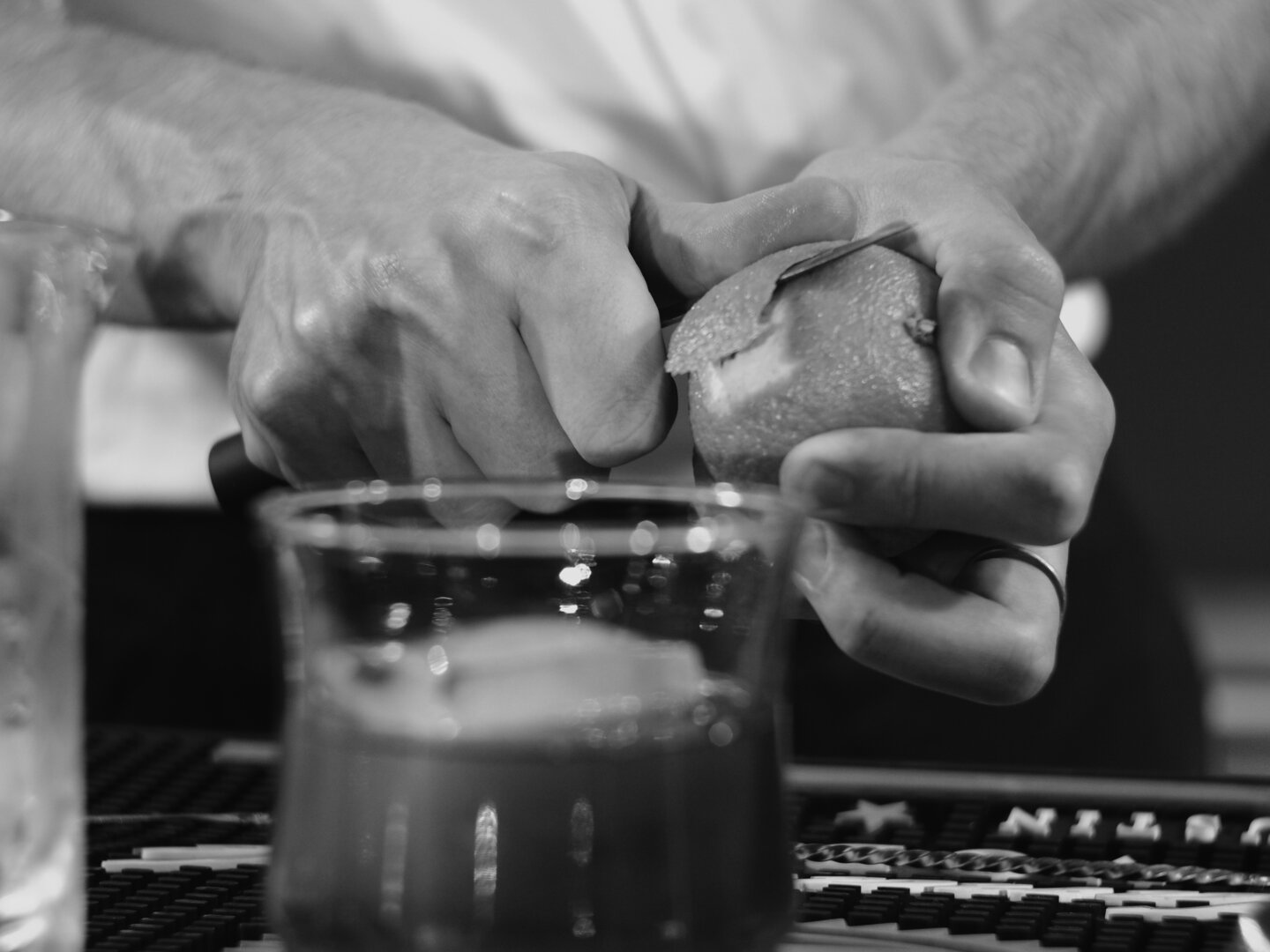Director’s Statement
Set in a speakeasy in Atlanta, “Twenty” is a feature documentary about fifteen young people making it through 2020. The film is an observational time capsule that lays bare the raw reflections of a group of people surviving a year that will be seared into our generational memory. They are here to help us remember—should we ever forget—what it was like to live here and now. Think “Coffee and Cigarettes” meets “The Hottest August” meets “Paris is Burning.”
“How are you doing?” asks Lev Omelchenko, the bartender/director. Most people answer with a long exhale or a short, bitter laugh. “It’s been a shit year, obviously,” says Maggie Kane, a tech-activist, who witnessed the murder of Rashard Brooks from her truck in the Wendy’s drive-thru on June 12th. “This year doesn’t know what the fuck it wants to be,” says Robert Blue, an Atlanta native and a BLM activist, who was held without bail in Fulton County Prison for over a month for his role in the protests. “I’m alright, I’m alive," says Sam Prince, a visual artist, whose year has been defined by their decision to begin gender affirming hormone therapy. These are three of twenty voices featured in this film. All of these voices weave together, connecting to reveal overarching themes and personal traumas. The Black Lives Matter Movement. Health Care. Abortion. Incarceration. Murder. COVID. Exhaustion. Extinction. Fragility. Community. Capitalism. Dreams. Delusions. Patience. Time.
The film frames its subjects in dreamy black-and-white footage, shot from the perspective of an unknown bartender, giving the audience an opportunity to observe its subjects having a drink (or three) as they muse on their struggles and hopes for the future. The bartender appears on screen only as the hands that place some much-needed drinks in front of people. His voice is not heard—we only hear the answers, jokes, and silences of the people sitting on the other side.
Some of the patrons are artists, and after hearing what they have to say, we see them take the stage and perform. The performances are edited between blocks of conversations,and function as Interludes. Some people reappear at the bar, talking at length, while others have smaller contributions in conversation and bigger roles as performers. This structure culminates into an immersive experience: hanging out at a speakeasy in Atlanta on a long, dreamy night, listening to the city’s underground of artists, radicals, and activists.
Overall there is a sense of revelation: “I think this year helped me realize I was just as blinded as everybody else,” says Indya. “I thought if I stayed in my lane I would be successful, and then I realized that none of this is real. This is all a dream, a make-believe world that we’ve created.” Over the course of 67 minutes, personal revelations are interconnected through collective memory, grief, and joy.


